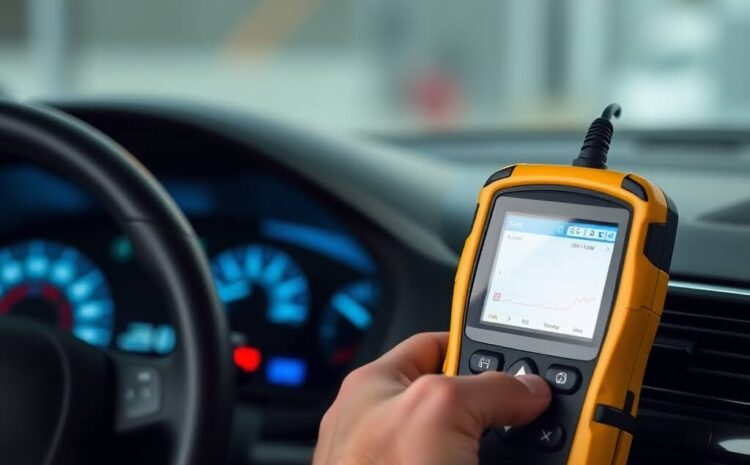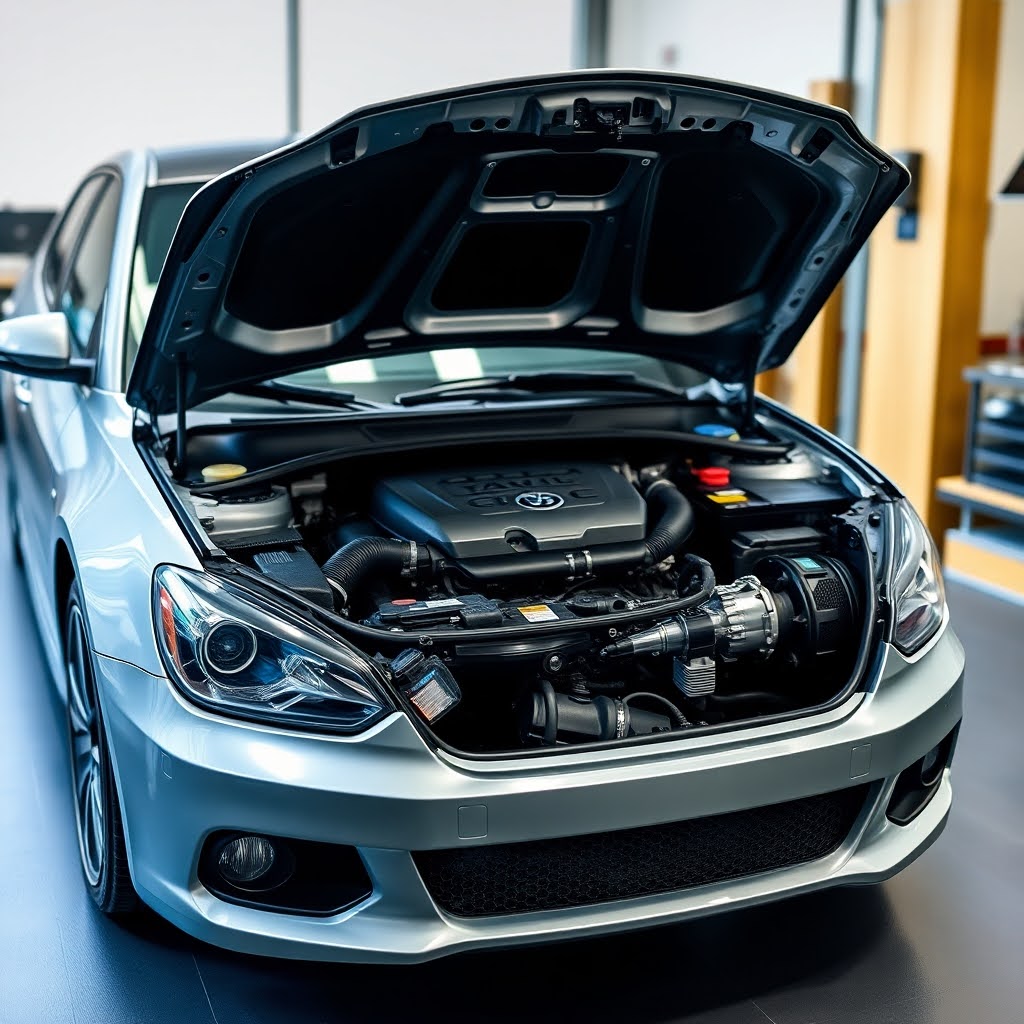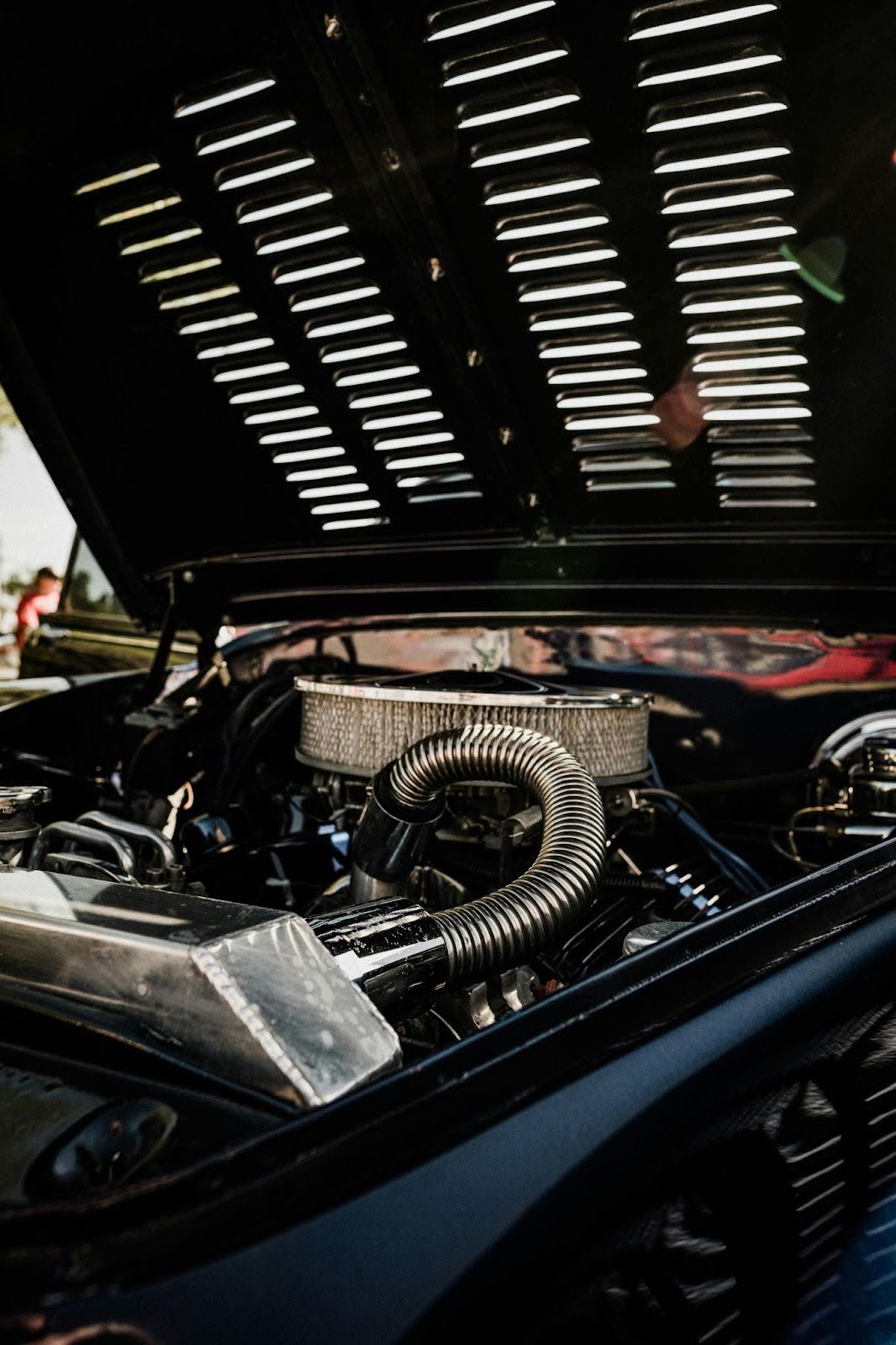
Auto Diagnostics: Identifying Problems Before They Become Costly
In the world of vehicle maintenance, the phrase “prevention is better than cure” couldn’t ring truer. Cars today are intricate machines loaded with advanced technology, but that complexity also makes it harder for drivers to understand what might be wrong when something feels off. This is where auto repair diagnostics come to the rescue, enabling mechanics and car owners to identify potential issues early and save time, money, and frustration in the long run.
Auto diagnostics, a process that involves reading and analyzing your car’s internal systems, is a critical component of modern automotive care. By using specialized tools like OBD-II scanners, mechanics can detect problems before they spiral into costly repairs. In this article, we’ll explore how auto diagnostics work, why they’re essential, and what steps you can take to make the most of them.
What Are Auto Diagnostics?
Auto diagnostics is the process of assessing a vehicle’s performance and identifying problems using advanced tools and software. Every modern car is equipped with an onboard computer system that monitors various components, from the engine and transmission to the exhaust and electrical systems. When something goes wrong, the system generates trouble codes or fault codes that provide clues about the issue.
By performing a quick auto scan, mechanics can extract these codes and interpret them to uncover the root cause of the problem. For instance, if your car’s oxygen sensor malfunctions, the onboard diagnostics system will store a fault code indicating that issue. This information allows technicians to address problems with pinpoint accuracy.
Why Are Engine Diagnostics So Important?
Your car’s engine is like its heart, and keeping it in good condition ensures the overall health of your vehicle. Here’s why engine diagnostics should be a top priority:
- Avoid Expensive Repairs
Routine diagnostics and inspections are your wallet’s best friend. By identifying small problems early, you can avoid costly repairs down the line. For example, replacing worn-out brake pads now is much cheaper than repairing damaged rotors later. Staying proactive with your car’s maintenance saves you from emergency repair bills and keeps everything running smoothly.
- Boost Fuel Economy
Addressing issues promptly can have a significant impact on your vehicle’s fuel efficiency. Problems like malfunctioning oxygen sensors, clogged fuel injectors, or underinflated tires can all reduce your car’s miles per gallon. Regular diagnostics help pinpoint these issues, ensuring your engine runs efficiently. Not only will you save on fuel costs, but you’ll also reduce your car’s carbon footprint.
- Increase Lifespan and Resale Value
Keeping up with routine diagnostics is an investment in your car’s future. Tackling problems as they arise helps prevent wear and tear on critical components, extending the life of your vehicle. A well-maintained car is also a stronger contender in the resale market, as potential buyers are drawn to vehicles with a clean maintenance record and fewer underlying issues.
- Prioritize Road Safety
Safety is one of the most important reasons for regular vehicle diagnostics and inspections. Issues like failing brakes, worn tires, or faulty electrical components can jeopardize your ability to drive safely. Regular check-ups ensure your car performs reliably, giving you peace of mind knowing it can handle emergencies and protect you and your passengers.

Key Components Examined During Diagnostics and Inspections
A thorough diagnostic test covers multiple critical areas of your car, ensuring it stays in excellent condition. Here’s a breakdown of the key systems typically evaluated during diagnostics and inspections:
Engine and Transmission
This part of the diagnostic process can detect early signs of problems such as cylinder misfires, low transmission fluid, or other malfunctions. Addressing these issues early helps avoid costly repairs and ensures your car runs efficiently and reliably.
Brakes
The braking system is vital for safety, and inspections focus on checking brake pad wear, brake pedal responsiveness, and overall system health. Diagnostics can also identify problems with the ABS (anti-lock braking system) or fluid leaks, which are essential to maintaining your vehicle’s safety features.
AC System
Your car’s cooling system regulates engine temperature, preventing it from overheating. A typical inspection includes checking the radiator, thermostat, hoses, and coolant levels. In extreme climates, a functional AC system is crucial for avoiding severe engine damage.
Tires
Technicians assess tire tread depth, inflation levels, and any signs of uneven wear that could indicate suspension or alignment issues. Properly maintained tires improve traction, safety, and fuel efficiency, enhancing your car’s overall performance and handling.
Electrical Systems
From the battery to various sensors, a diagnostic scan of the electrical system ensures your car’s electronics are functioning properly. This includes checking the battery life, alternator, and essential electronic components to prevent unexpected stalling or malfunctions.
Exhaust System
The exhaust system plays a role in emissions control and engine performance. Diagnostics ensure the system is operating efficiently, helping your car meet environmental standards while maintaining a clean and smooth-running engine.
Fuel System and Injectors
A clean fuel system is essential for power and efficiency. Diagnostics help identify clogged fuel injectors or other inefficiencies that may be impacting performance or fuel economy. Addressing these issues keeps your car running smoothly and reduces fuel consumption.
Regularly inspecting these components through diagnostics helps maintain your car’s reliability, safety, and efficiency, ensuring a better driving experience.
When Should You Get Vehicle Diagnostics?
Routine maintenance is always a good idea, but here are some specific instances where an auto scan is a must:
- When the Check Engine Light Is On
Never ignore this warning light. It’s your car’s way of telling you something is wrong, and an auto diagnostic can help identify the issue. - Before a Long Trip
Planning a road trip? A quick car inspection and diagnostic scan can save you from unexpected breakdowns on the highway. - After an Accident
Even a minor fender bender can affect your car’s internal systems. Post-accident diagnostics ensure everything is functioning as it should. - When Buying a Used Car
A diagnostic scan can reveal hidden issues, helping you make an informed decision about your purchase.

Auto Repair Diagnostics with Preston Auto Services in Cambridge, ON
At Preston Auto Services, we understand how crucial it is to stay ahead of potential car troubles. That’s why we offer comprehensive auto diagnostics to ensure your vehicle stays in top shape. Whether it’s a routine engine diagnostic, an in-depth car inspection, or reading and interpreting trouble codes, our team of experts is here to help.
We use the latest tools and technology to provide accurate assessments and reliable repairs. With nearly three decades of experience in Cambridge, ON, we’ve earned a reputation for precision, innovation, and exceptional service. With fair pricing, exceptional workmanship, and a customer-first approach, we’ve become the go-to destination for diagnostics and repairs. Schedule an appointment and experience service designed around you.
